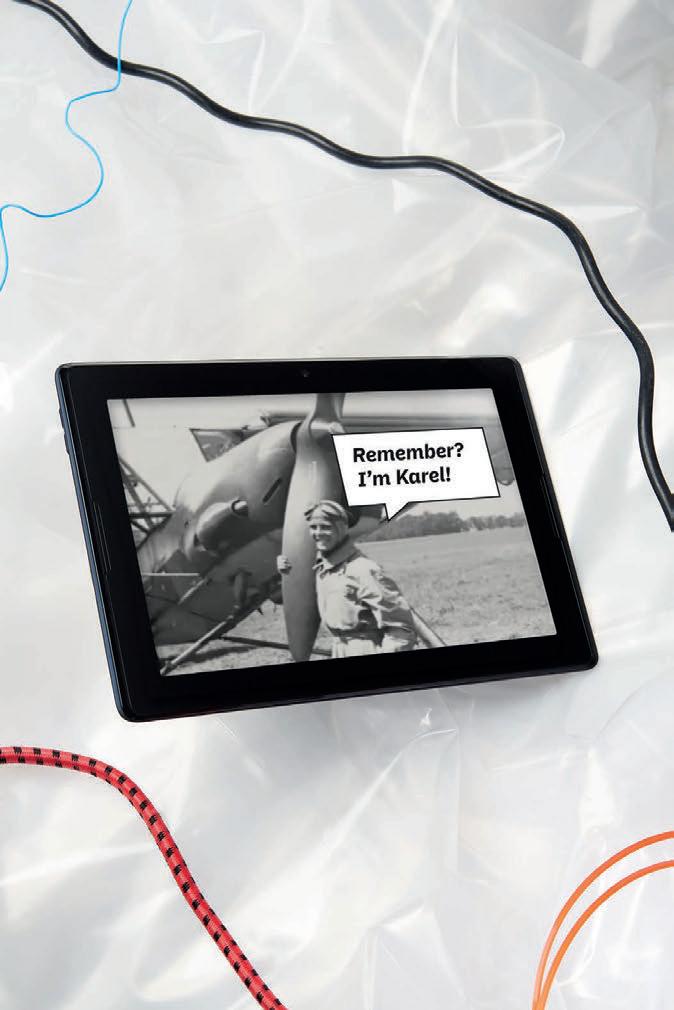
1 minute read
Eli, digital personal assistant
In the Loop
Eli, digital personal assistant
Advertisement
People with memory impairment issues and dementia are deprived of plenty – including digital services – owing to their age and the digital illiteracy that typically comes with it. Eli is a digital personal assistant for people with dementia that aims to bridge the personal, technical and social constraints involved in trying to enjoy the benefits technology can bring to older people’s lives.
At least one in three people experience memory loss in old age. As we age, new technologies become increasingly difficult to manage, and demographic data reveals that ageing societies are both a source and a victim of unease. (We needn’t look too far for the grim confirmation we aren’t actually seeking.)
For many technologically illiterate elderly people, digital services that connect, entertain and educate from the comfort of one’s home are practically non-existent. The Eli program makes online services accessible to those who are simply left out of the equation. In addition, it encourages us all to think about how technology can bridge physical and generational gaps, as well as help combat loneliness and marginalisation.
With the help of machine learning and a personalised user profile, the Eli scheme offers users truly customised web content, and content is adjusted according to the user’s daily habits. Navigation on the computer – or likely more commonly on a tablet – is simplified and reduced to a single touch of the screen. The scope of content on offer extends from social interaction with family and friends and multimedia to educational, spiritual, medical and first-aid services.
Eli recognises the concept of the positive feedback loop as the driving force behind connecting, exchanging, storing and reusing content.
Eli is the result of cooperation between Kofein Dizajn, the association Spominčica – Alzheimer Slovenija, DSO Ljubljana Vič-Rudnik, and the Association for Technical Culture of Slovenia. The project is under development and is currently at the prototype stage.
65










